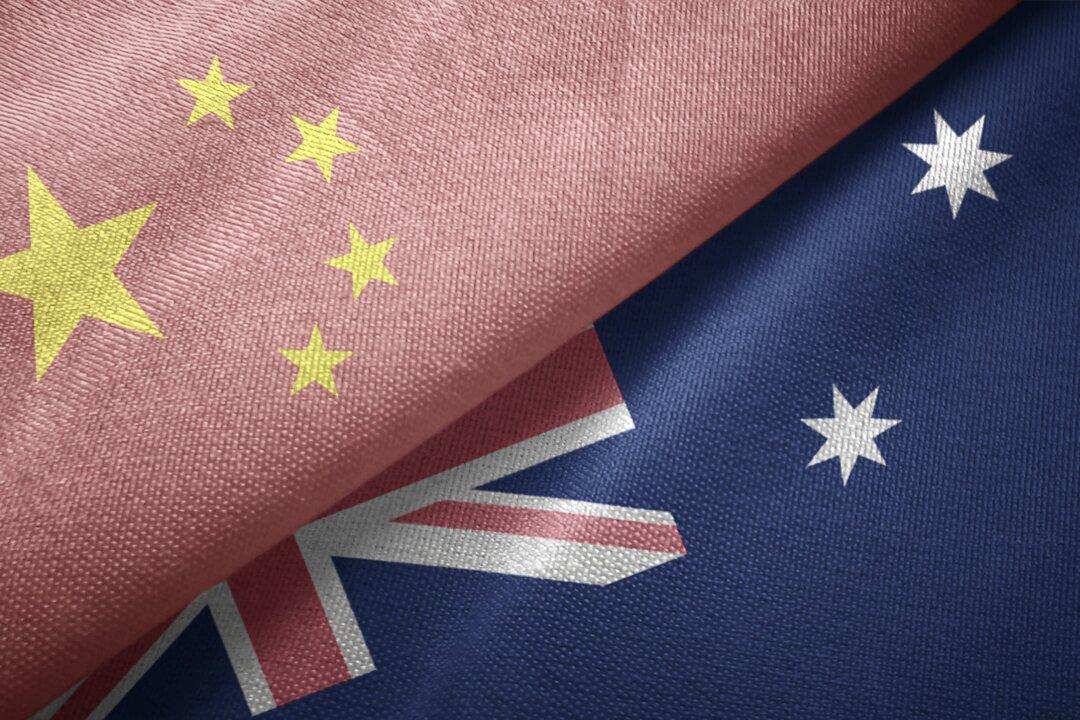Beijing has officially admitted it is running a trade war against Australia to punish the nation for not siding with the communist regime on political and ideological grounds.
Beijing has previously stated its trade sanctions and bans on multiple Australian goods like beef, wine, barley, timber, and coal, were due to poor quality control and pests, or other non-political reasons.





